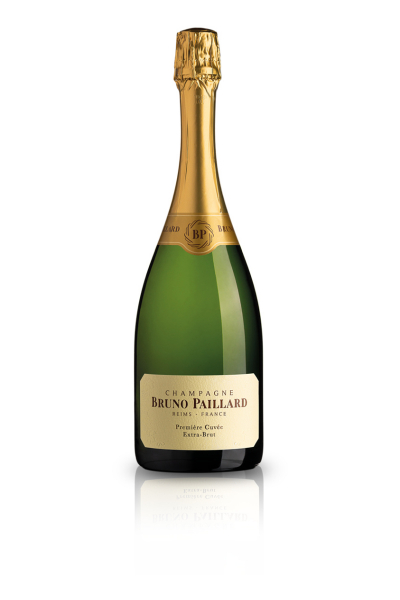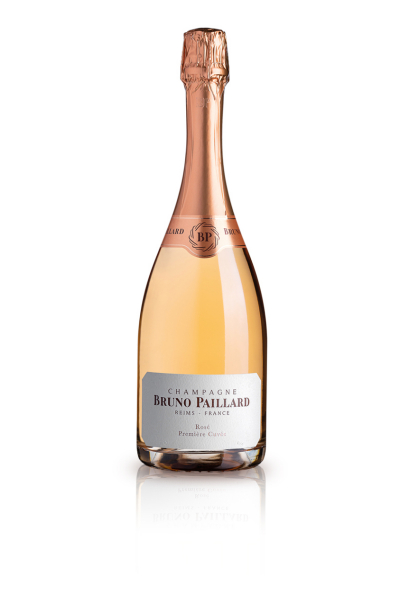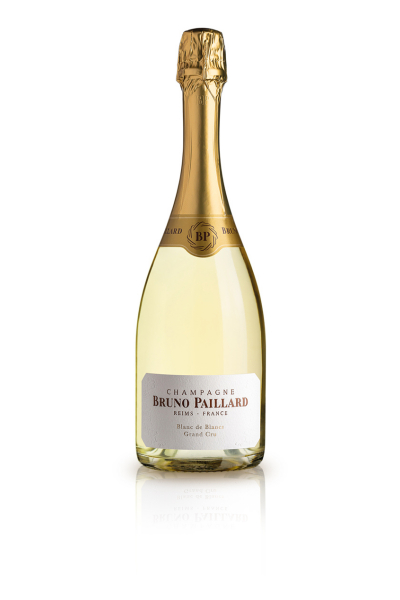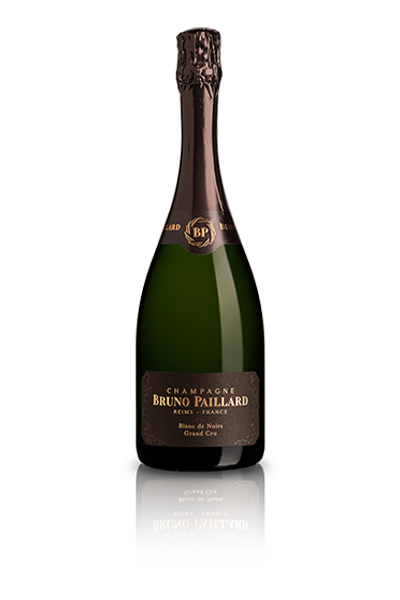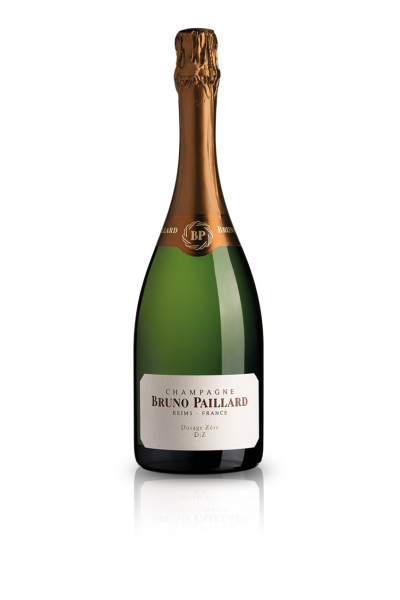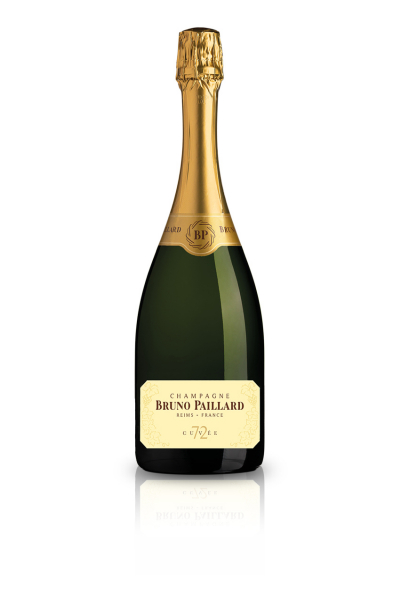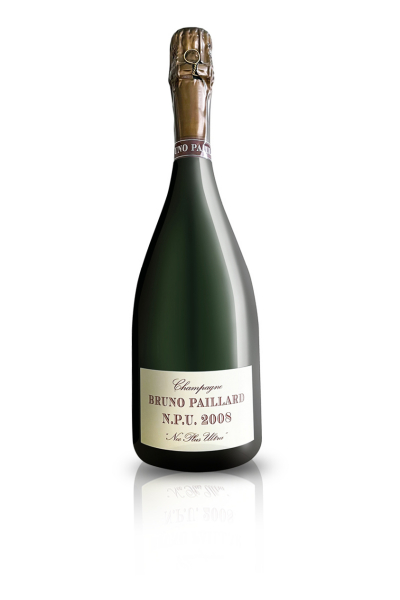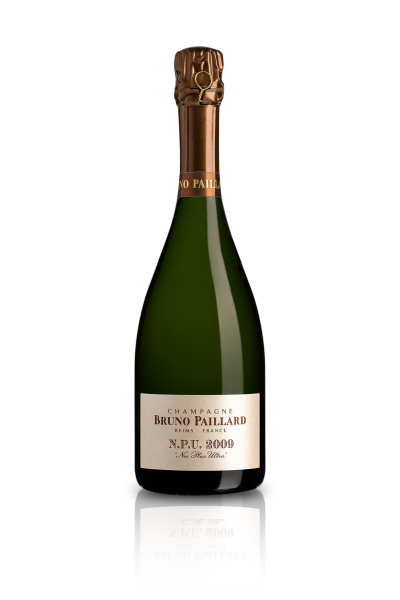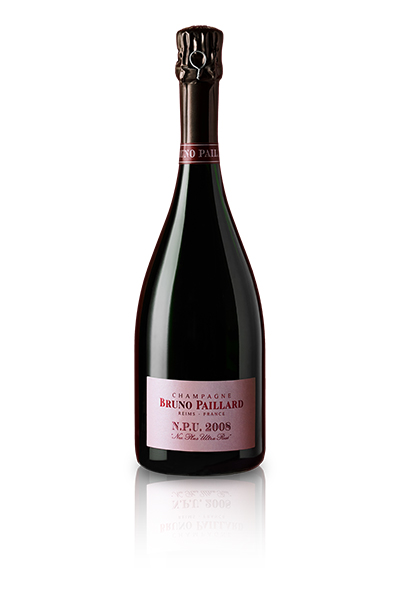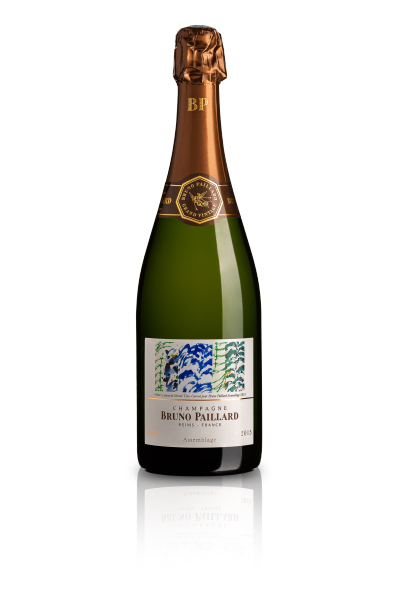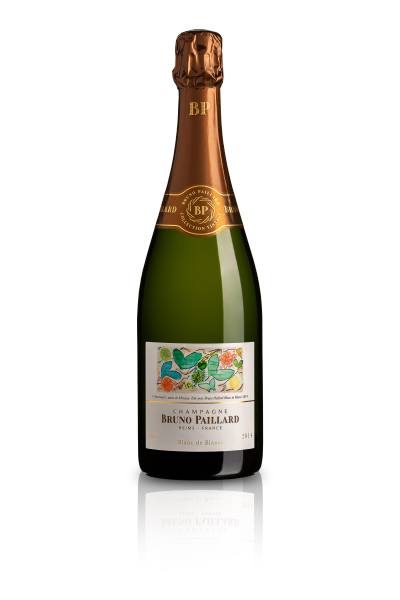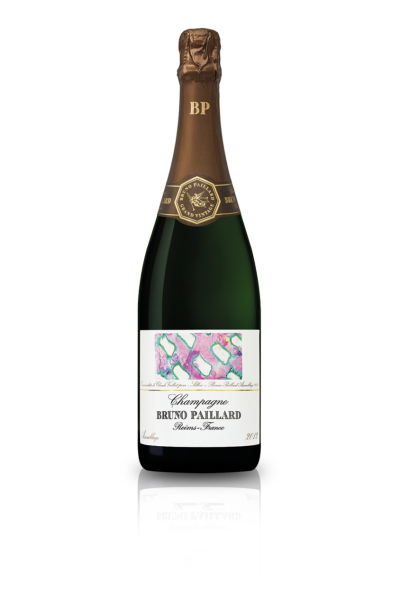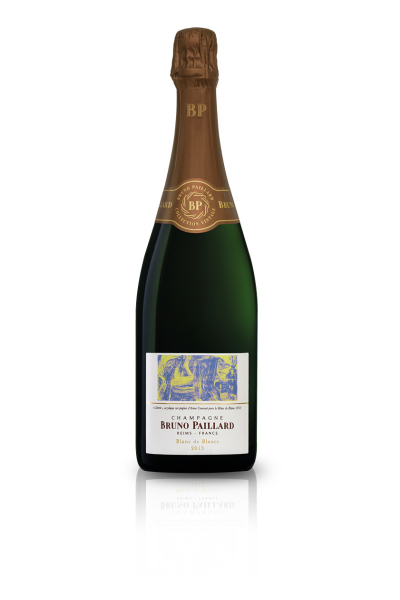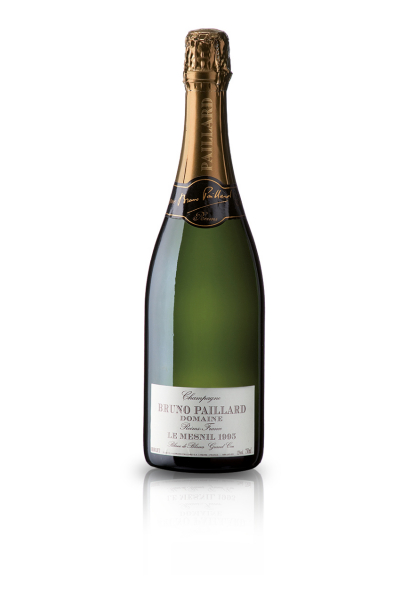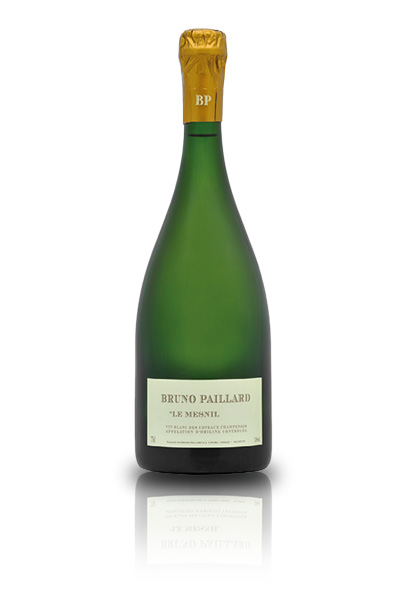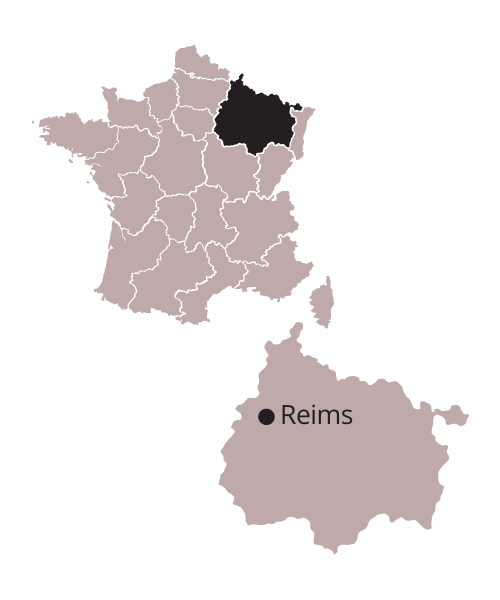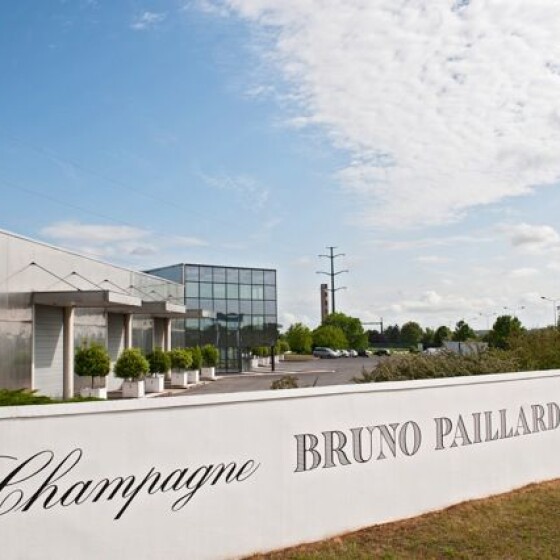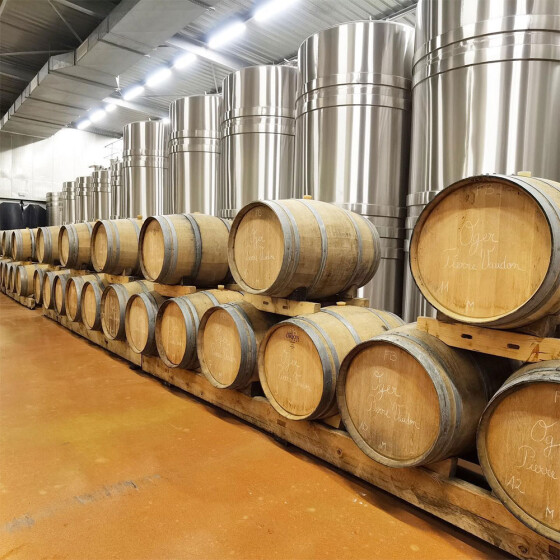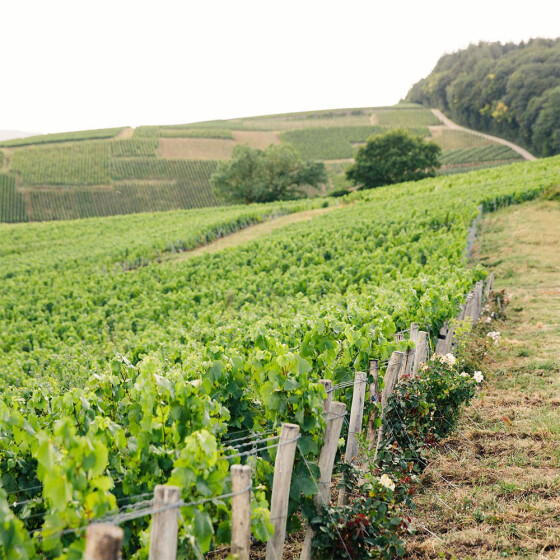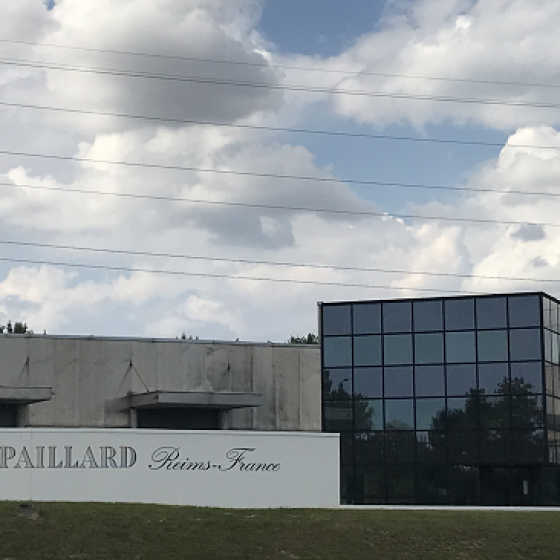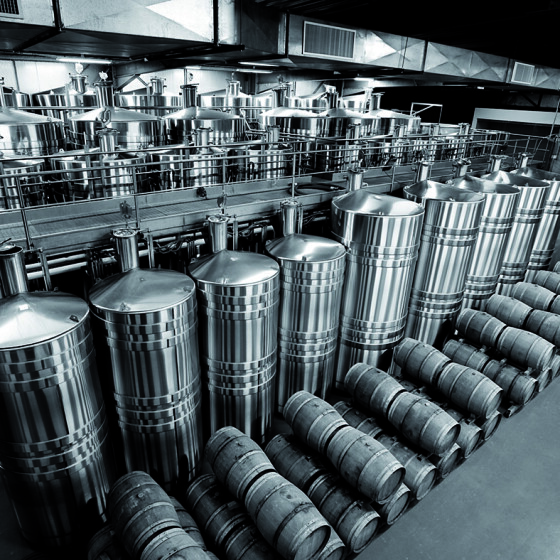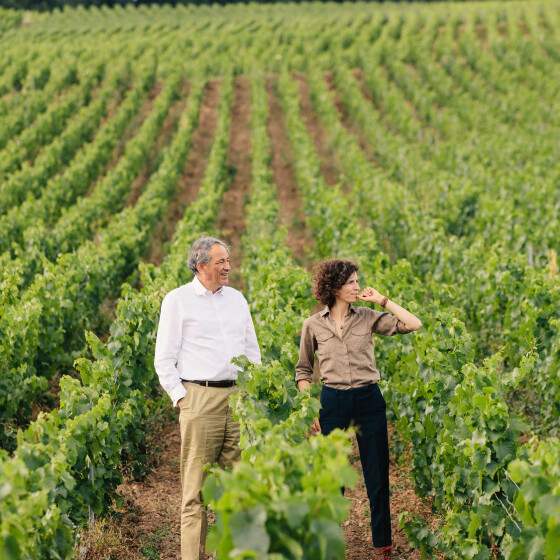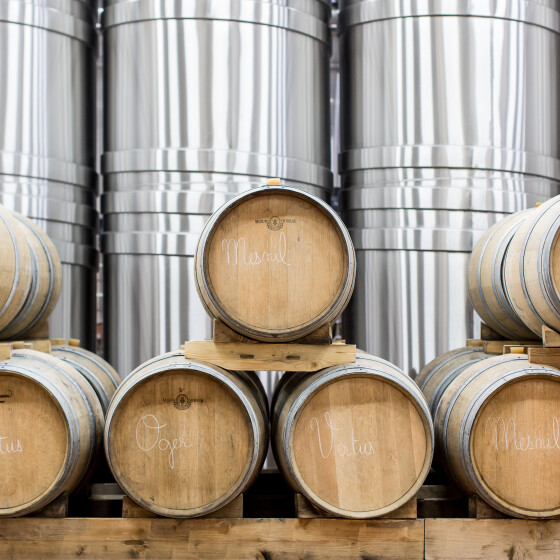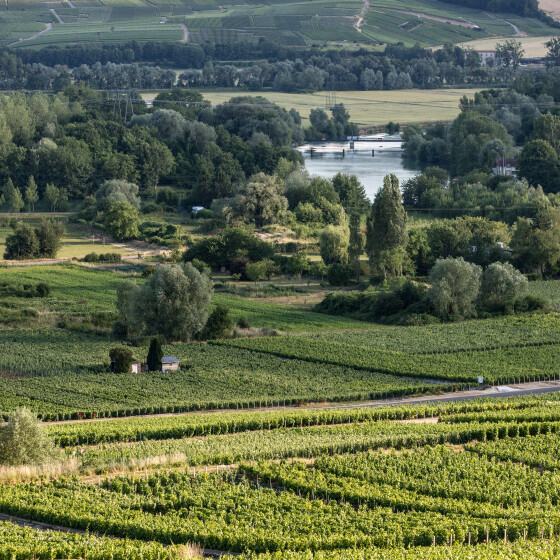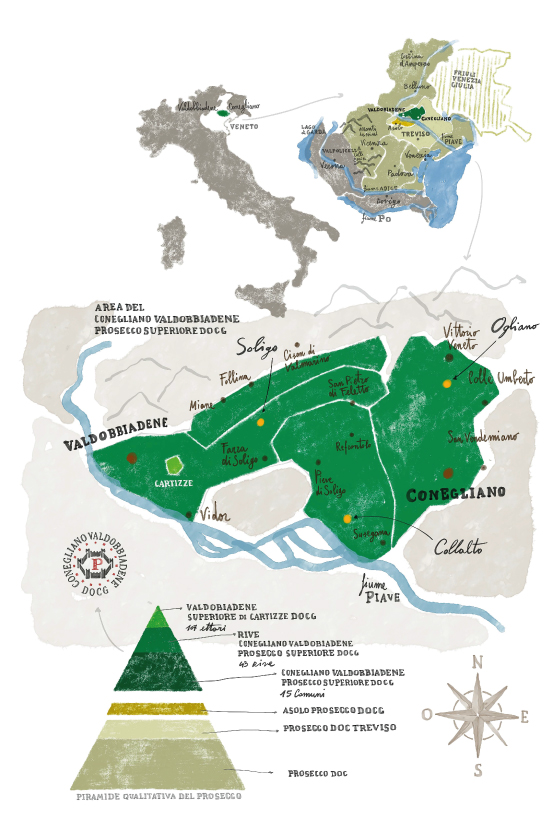THE COMPANY
The Maison de Champagne Bruno Paillard was born from the desire to create a pure champagne, different from others. Bruno Paillard, descendant of a family of financial brokers and vignerons in Champagne for more than three centuries, created his own Maison in 1981. His requirement: to obtain the quintessence of each Champagne grand cru to then create, with blends, a great wine. The results are cuvées for connoisseurs among the most recognized at international level, distributed exclusively in selected wine shops and on the tables of the best chefs. A 25-hectare vineyard divided over 16 crus now supplies more than half of the Maison’s grape requirements. Each of the 86 plots is worked – soil tillage and organic treatments – in such a way as to favour biodiversity and deep root development, so as to extract the extraordinary chalkiness of the terroir. Only the first pressing of the best grapes is used, while in the cellar, the time spent on the lees is two to five times longer than average, depending on the type of cuvée. Multi vintage champagnes are composed of 25-50% reserve wines, dating back to 1985. These educate the younger ones, giving complexity to the assemblage. All the wines produced are Extra Brut, the disgorging date is always written on the back label, and the style is recognized as a blend of purity, complexity and minerality. Maison Bruno Paillard is totally independent and is now managed by Alice Paillard who continues the development of the original project.
